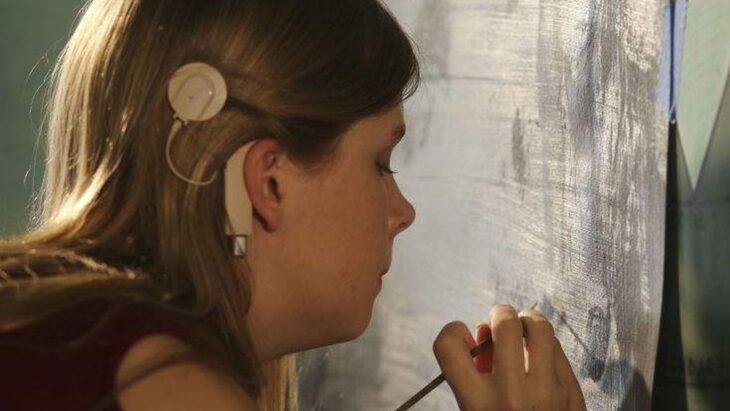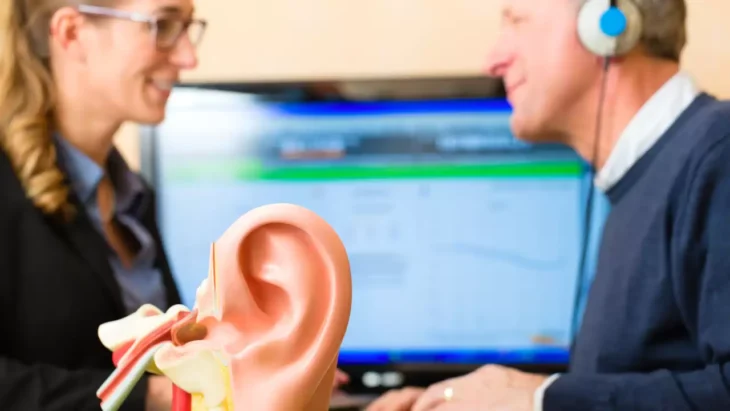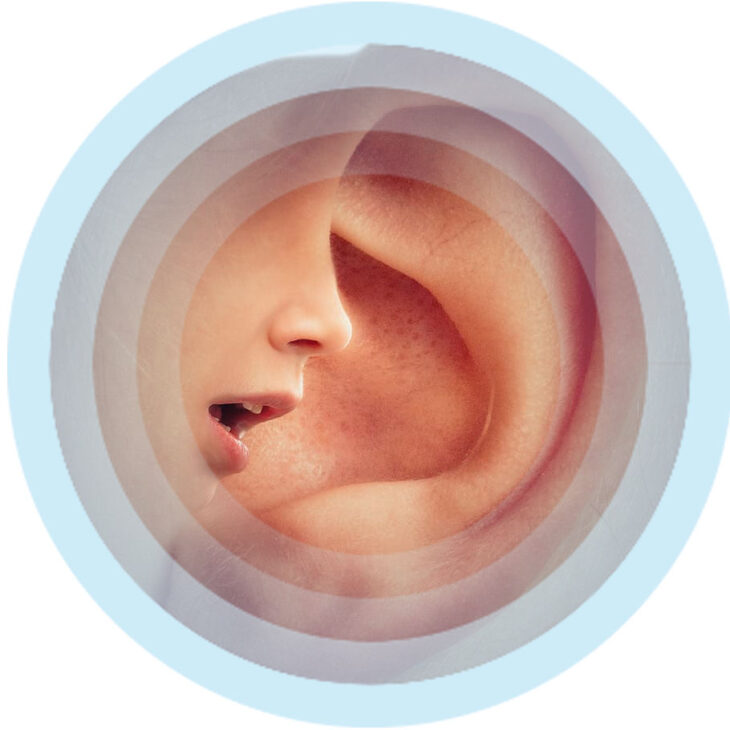Usher syndrome is a rare and genetically inherited ailment, which results in combined deafness and blindness. Sometimes, this disorder can affect body balance and lead to vision loss in babies over time. As of now, over 400,000 people around the world are affected by Usher syndrome.
In general, there are three types of Usher syndrome. However, the majority of the cases in the United States are of Type 1 and type 2 Usher syndrome. In other words, type 1 and type 2 forms contribute to 95% of total cases. Early diagnosis is very critical for Usher syndrome. Hence, in this post, we will talk about the facts related to the Usher syndrome to increase our general awareness of this illness.
Contents
7 Detailed Facts Related To Usher Syndrome
Here are the 7 informative facts about Usher syndrome, which show the history, rarity, diagnosis, and other details about this disorder.

Source: healthjade.net
Fact 1: History
Usher syndrome got its name from Charles Usher, a Scottish ophthalmologist. In 1914, he explored the pathology and how this ailment is transmitted based on 69 different cases. But, this illness was first defined by a pioneer of modern ophthalmology named Albrecht von Gräfe in 1858. He noted the case of a deaf person suffering from retinitis pigmentosa, and the patient’s two brothers also had the same signs.
After three years, Richard Liebreich, a student of Albrecht, analyzed the population of Berlin city to examine the illness structure of deafness and retinitis pigmentosa. The majority of cases related to the blind-deafness combination are seen especially in the blood-related siblings or in households that have patients of various generations. Because of that, Liebreich pointed out Usher syndrome to be recessive. All his observations were used as the initial evidence for the occurrence of deafness and blindness.
Fact 2: Commonness
From their studies, the National Institutes of Health reveals that 3% to 6% of all kids who are suffering from deafness and 3% to 6% of kids who can not hear easily are diagnosed with Usher syndrome. For example, in the developed countries like the USA, four infants out of every 100,000 kids carry Usher syndrome.

Souyrce: tampabay.com
Fact 3: Types
Scientists have recognized three types of Usher syndrome: type 1, type 2, and type 3. These three different types of Usher syndrome are split up depending on the below factors:
- The extent of hearing and vision loss
- Kid’s age when blindness starts happening
- How fast is the illness advancing
- Any other body balance troubles
Fact 4: Causes of the illness
Researchers learn that Usher syndrome is inherited, which implies that this illness is transmitted from the parents to children. It is induced by changes, known as mutations, in genes. Genes are simply the chemical-coded elements in cells that order cells what to execute. In the human body, there are about 20,000 to 25,000 genes. Every individual will contain two genes, one from the mother and the other one from the father.

Source: tellerreport.com
Fact 5: Who can get infected?
In general, Usher syndrome is an autosomal recessive disease. Regardless of gender, this disorder affects both males and females. Mother and father (parents) transmit a mutated gene, but they are not suffering from Usher syndrome. The newborn can either receive the ordinary gene or a mutated gene from the mother and father.
If the offspring obtains mutated genes from both parents, it means that the child will get Usher syndrome. However, the possibility of receiving Usher syndrome mutated genes from both parents who have one Usher gene is 1 in every 4.
Fact 6: Diagnosis
Like we said previously, Usher syndrome has the potential to affect hearing, vision, and body balance. Hence, diagnosis of this illness primarily comprises the examination of all these senses. For evaluating eyes, the individual needs to take a visual field test, which will assess the patient’s peripheral eyesight. The audiologic evaluation will check the patient’s hearing senses by playing loud sounds at a specific range of frequencies. Lastly, the electronystagmogram (ENG) examines spontaneous eye movements, which can indicate problems with balance.
The Usher gene tests can also verify the diagnosis. In addition to that, there are various labs and clinics in every city, which offer Genetic testing services to identify several types of Usher syndrome. Keep in mind that early diagnosis of Usher syndrome is extremely crucial. If the parents learn that their kid is suffering from Usher syndrome, they can take immediate actions like giving special educational training to the child so that they can adjust to their life with vision and hearing loss.

Source: tellerreport.com
Fact 7: Treatment
Despite the plenty of studies and information about Usher syndrome, there is no specific treatment for it. But, the general treatment concentrates on encouraging the kid to adjust to vision and hearing loss. Some of the available treatment choices include:
- In-the-ear (ITE) hearing aids and other assistive listening machines (several appliances, such as hearing microphones, earphones)
- Particularly modified phones and various equipment, which magnify the volumes of discussion to the listener and talker
- Cochlear implantation
- Hand sign language (gestures)
- Braille instruction (script)
- Poor vision services
- Exposure and mobility training
- Auditory training.
Fact 8: Latest Research Findings
A study was conducted by the NIDCD researchers and other observers from the various New York and Israel universities. In this research, the contributors identified a mutation of the PCDH15 gene, which is R245X. This PCDH15 gene is largely responsible for type 1 Usher syndrome in the present-day Ashkenazi Jewish community (Jewish people with initial origins from Eastern Europe).
Relying on this outcome, the investigators finalize that the Ashkenazi Jewish newborns diagnosed with bilateral and severe deafness without any recognized mutation must take the test for R245X mutation.

Source: ushersyndroom.nl
Final Word
Based on all these facts, it is clear that Usher syndrome is one of the common reasons for deafness and blindness. Also, early diagnosis and special programs are necessary for kids with this disorder. If you would like to know more about Usher syndrome, make sure to visit ushersyndroom.nl, which supports research projects and accepts donations for people suffering from this disorder.
